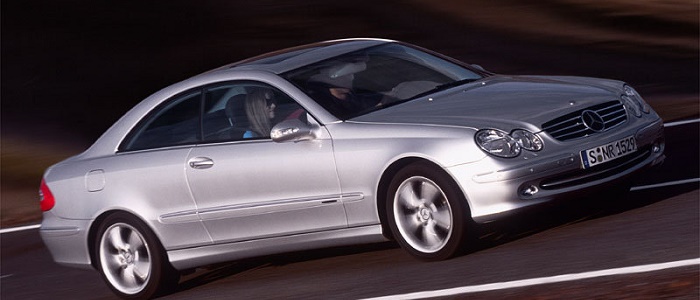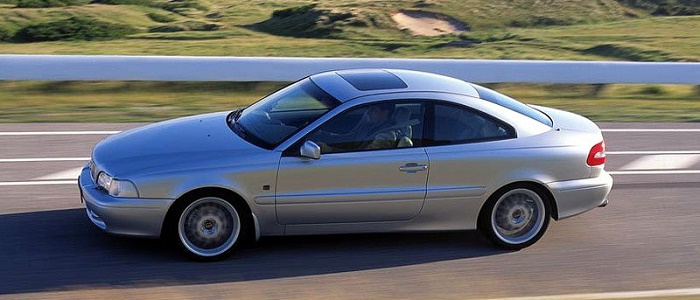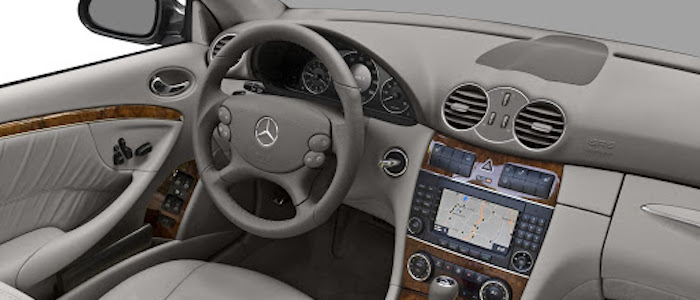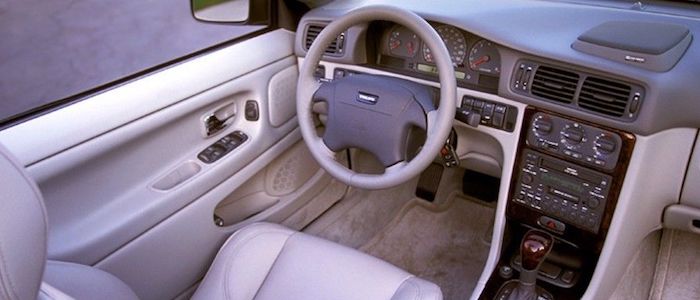Compare two cars
Compare any two cars and get our Virtual Adviser™ opinion
Marketing
Dimensons & Outlines
Engine
3.2 V6 M112 E32
Performance (manual gearbox)
Performance (automatic gearbox)
Expenses
Virtual Adviser's™ opinion
Two significantly similar cars, no doubt about that. Still, each one has something different to offer. Having both cars powered by petrol engines and utilizing the 2-door coupe body style within the same 'Sports car' segment, the only major difference here really is their wheel drive configuration (rear for the Mercedes Benz and front in the case of the Volvo). The first one has a Mercedes Benz-engineered powertrain under the hood, a 6-cylinder, 18-valves 218hp unit, while the other one gets its power and torque from a 5-cylinder, 20-valves 193hp engine designed by Volvo.
SafetyUnfortunatelly, neither of the two vehicles was submitted to the European New Car Assessment Programme (Euro NCAP) testing. This makes it virtually impossible for me to pick one over the other and I'm generally against buying such cars as the safety should really always come first. Moving further on, let's take a closer look at some additional safety-related facts. Both vehicles belong to the sports car segment, which is generally classifying them somewhere in the middle safety-wise, but that fact doesn't break the tie between the two cars. Furthermore, taking kerb weight as an important factor into account, the German car offers a marginal difference of 4% more metal.
ReliabilityI don't like generalizing things when it comes to reliability, although it does seem that Volvo does have a slight advantage, at least on all of the models level. These are the official statistics, while our visitors describe reliability of Mercedes Benz with an average rating of 4.4, and models under the Volvo badge with 4.6 out of 5. Independent research findings rank CLK as average reliability-wise, and C70 is more or less at the same level.That apart, owners of different cars powered by the same engine as the German car rank it on average as 4.6, while the one under the competitor's bonnet gets 3.7 out of 5.
Performance & Fuel economyVolvo is a bit more agile, reaching 100km/h in 0.1 seconds less than its competitor. Still, it lacks the power to win the top speed competition, topping at 230 kilometers per hour, 14km/h less than the other car. When it comes to fuel economy the winner has to be the Swedish car, averaging around 9.5 liters of fuel per 100 kilometers (30 mpg), in combined cycle. We can't ignore that 9% difference compared to the German car.
Verdict
Mercedes Benz appears just a bit more reliable, although the difference is truly marginal. The most important thing when deciding between any two vehicles should always be safety, both passive and active. In my opinion, everything taken into account, the German car offers slightly better overall protection and takes the lead. From there things take a different direction, with Volvo offering somewhat better performance, just enough to call it quicker. To make things even better, it consumps less fuel! It's not difficult to say then that if I'd need to make a choice, it would definitely be the Volvo. Anyway, that's the most objective conclusion I could've came up with and it's based solely on the information found on this website. Aspects such as design, practicality, brand value and driving experience are there for you to measure them out. I suggest you spend two more minutes in order to find out which car, based on your needs and budget, would be picked by the virtual adviser™, among more than 12.000 different ones in our database.































